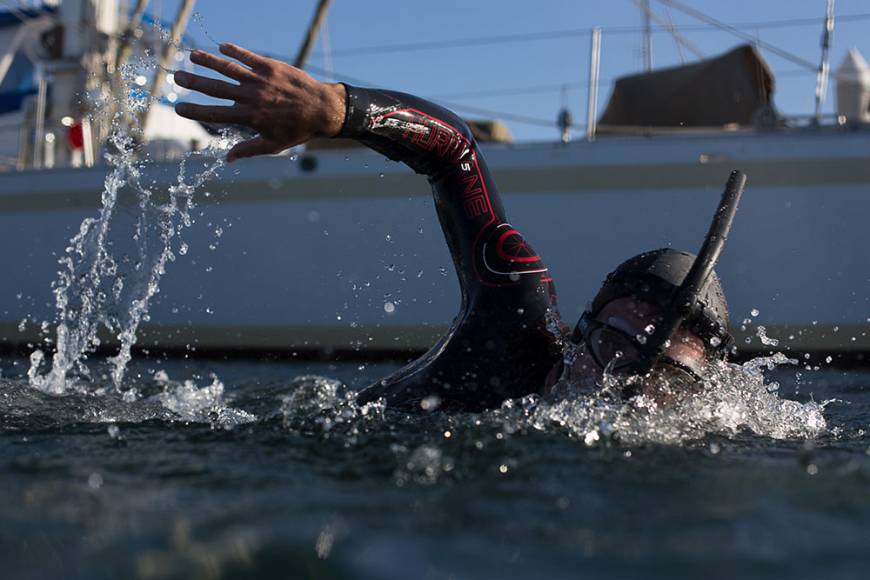
The Ocean Cleanup project is set to launch its first full-scale system early next month with the goal of reducing the Great Pacific Garbage Patch by half in five years.

In recent years, more than 60 countries have enacted policies to limit plastic use and more people embark on zero plastic challenges. Emerging epicenters of this movement are in capital cities across Africa.

Marriott Hotels will be eliminating plastic straws from its 6,500 hotels within the next year.

More than 1,000 square feet of plastic ultimately destined to pollute the ocean is getting a second lease on life in Rotterdam.

A group of 5,000 fishermen who rely on the “Mother Sea” to survive have taken it upon themselves to clean up the oceans – and use the piles of waste to repair their roads and create jobs.

A creation is an underwater device that uses light to detect harmful pollution in the ocean and it does so without harming living organisms.

In early June, Ben Lecomte will enter the waters to begin a 10,000-km swim across the Pacific Ocean that seeks to shine a light on ocean pollution and plastic contamination.
National Geographic is launching of Plastic or Planet initiative. It will be a long-term, multi-year commitment.

New images show that The Ocean Cleanup is building an innovative plastic-scooping system in Alameda, CA, and they’re planning to launch it as early as this summer.

1.8 trillion pieces of plastic weighing 80,000 metric tons are currently afloat in an area known as the Great Pacific Garbage Patch - and it is rapidly getting worse.

Plastic in the ocean could triple in a span of 10 years, according to a new report for the government of the United Kingdom.

Adidas has been making shoes out of ocean plastic pollution – and according to a recent news report, they sold 1 million pairs last year.
The Indonesian island of Bali is popular with tourists and known for its beautiful beaches. British diver filmed himself swimming through rubbish in the sea.

Now, researchers have found 73 percent of Northwest Atlantic deep-sea fish are eating microplastic – the highest reported frequency of plastic-eating fish in the world.

Scotland is set to become the first UK nation to ban plastic straws, as part of plans to cut down on single-use plastics.